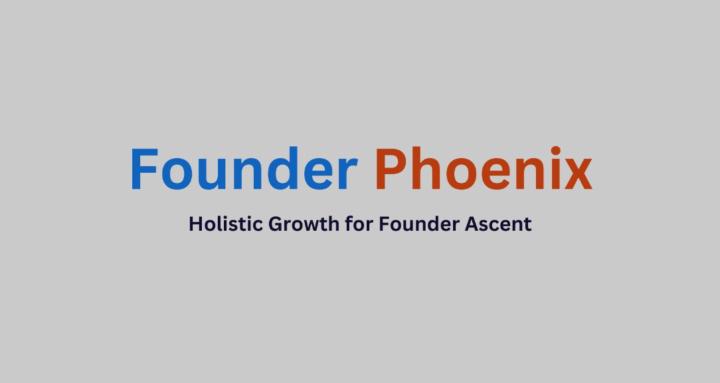Jul 29 • Optimize Flight
⏳ Why Working Smarter Actually Matters 💡
Let me start with something we all know but rarely admit: there are never enough hours in the day when you're building a business. Between product development, customer calls, team meetings, fundraising, and the endless stream of "urgent" tasks that pop up, it's easy to feel like you're drowning in your own ambitions.
I've had those weeks—maybe you have too—where you put in 80-hour stretches but somehow feel like you accomplished nothing meaningful. Where every day feels reactive, like you're just putting out fires instead of building something intentional.
The frustrating part? It's not really about the hours you're putting in. It's about what you're doing with those hours.
The Myth of the Always-On Founder 😴
We've somehow created this narrative that successful founders are productivity machines who optimize every minute of their day. That's not just unrealistic—it's counterproductive.
The most effective founders I know aren't the ones working the most hours. They're the ones who've figured out which activities actually move their business forward and which ones just make them feel busy.
The difference comes down to a few key principles that don't require superhuman discipline or perfect systems. They just require being honest about what really matters.
Finding What Actually Moves the Needle 🎯
Here's a simple but powerful exercise: if you could only work on three things this week, what would create the most value for your business? Not what feels most urgent. Not what's been sitting in your inbox the longest. What would actually make a difference?
The key is protecting time for those high-impact activities and being ruthless about everything else. This means learning to say no, delegating when possible, and accepting that some things simply won't get done—and that's okay.
Working With Your Natural Rhythms ☀️🌙
One thing that transformed my approach to work was recognizing that I'm not equally productive at all times of day. Instead of fighting against your natural energy patterns, structure your day around them. Use your sharpest hours for the work that requires creativity, deep thinking, or complex problem-solving. Save administrative tasks, email, and routine work for when your energy is lower.
The Deep Work Challenge 🧘♂️
In our hyper-connected world, finding time for focused, uninterrupted work has become almost revolutionary. Even 90-minute chunks of completely focused time can be transformative. Turn off notifications, put your phone in another room, and give yourself permission to be unreachable for a while.
Dealing With Procrastination (Because We All Do) 🐢
Every founder procrastinates, usually on the things that matter most. The solution isn't to eliminate procrastination entirely—it's to recognize it quickly and have strategies to work through it.
- Start by breaking down overwhelming tasks until the next step feels almost trivially easy.
- Time constraints can also be your friend here. Give yourself less time to complete tasks, not more.
Building Systems That Actually Work ⚙️
The best system is the one you'll actually use consistently, even when you're stressed, tired, or overwhelmed. This usually means simpler, not more complex.
- Time blocking can be effective, but be realistic about durations and build in buffer time.
- Choose tools that are simple enough to maintain without much thought.
The Automation Opportunity 🤖
Look for patterns in your work and see what can be automated, templated, or delegated. This isn't about becoming an efficiency robot—it's about freeing up mental energy for the work that actually requires your unique skills and perspective.
Making It Sustainable ✅
Optimizing every minute isn't sustainable; creating sustainable habits is the goal.
- Build in recovery time, not just work time.
- Focus on progress, not perfection.
- Be willing to adapt your approach as your business changes.
The Real Point of Productivity ✨
At the end of the day, productivity isn't about cramming more tasks into your schedule. It's about creating the space and focus you need to do the work that only you can do.
Start with one area—maybe it's protecting your morning hours for deep work, or automating your most repetitive tasks, or just being more selective about what you say yes to. Get that working well, then add another element.
Small, consistent improvements compound over time. The goal isn't perfection. It's progress on the things that actually matter.
What's your biggest productivity challenge right now? Is it finding focus time, managing interruptions, or something else entirely?
0
0 comments

skool.com/founder-phoenix
Your ecosystem for holistic growth. Master teams, tech, well-being, and strategy to rise and thrive in your founder journey.
Powered by
